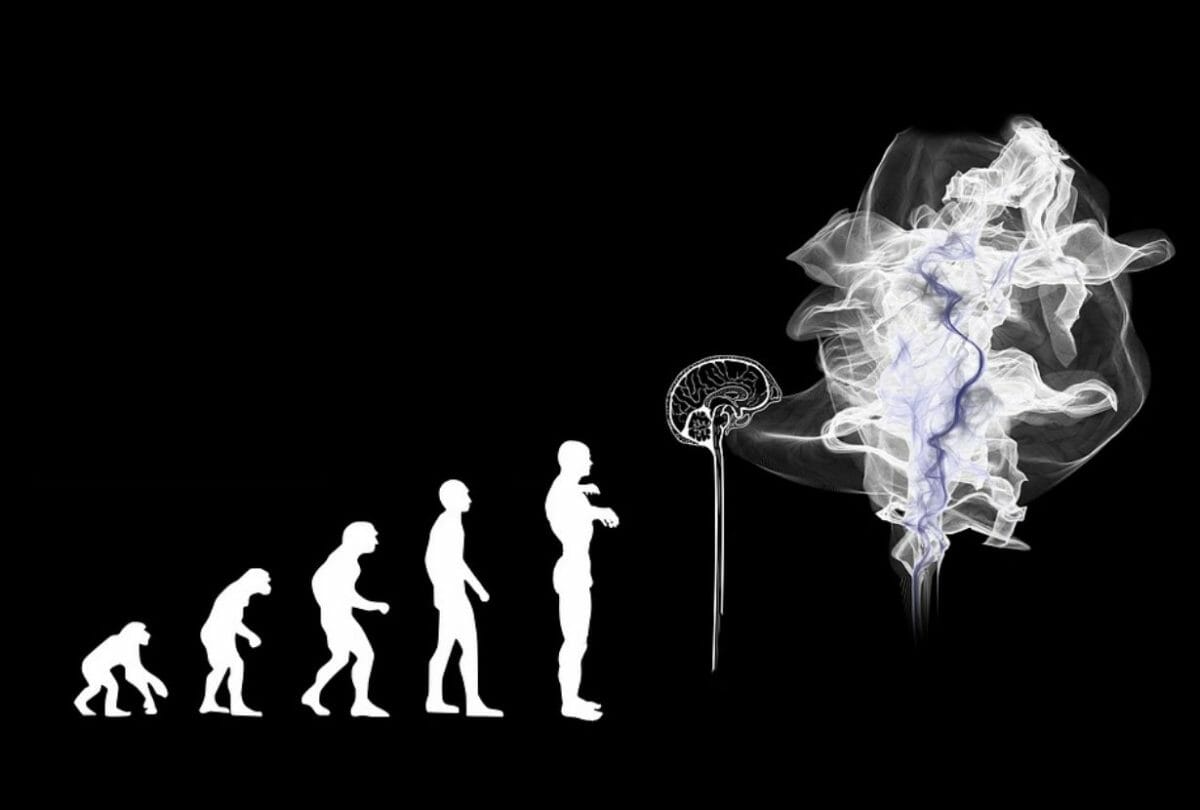Neuropsychology is the branch of psychology that focuses on brain function and how it affects our behavior. The field covers several different topics, but essentially, it is a type of behavioral science that bridges neuroscience and psychology.
Neuropsychology can be broken down into five main areas: clinical neuropsychology, experimental neuropsychology, cognitive neuroscience, social neuroscience, and transcultural neuroscience. Read on to learn more about this fascinating field of study.
How the Brain Works
The brain is a very complex organ that controls everything we do. It is responsible for our emotions, thoughts, and actions. Most importantly, it determines how we view the world around us, who we are, and who we want to be. The brain is made up of billions of cells called neurons. These cells are connected to each other via synapses. The neurons are located in the brain and spinal cord.
While the spinal cord is located inside the spine, the brain sits right above the spinal cord. The brain and spinal cord are covered by three layers of tissue. These layers of tissue are called the meninges.
What is Clinical Neuropsychology?
Clinical neuropsychology is the branch of neuropsychology that studies the relationship between brain function and behavior. It is primarily a clinical practice used to understand and treat patients with brain disorders. Neuropsychologists may work in a variety of settings. For example, clinical neuropsychologists work in healthcare settings, legal systems, and education. It is also one of the more general fields of neuropsychology.
Some work in hospitals or clinical settings to assess patients who may be experiencing cognitive impairment or brain damage due to a health condition. Other clinical neuropsychologists work with people who have had traumatic brain injuries (TBI) as part of clinical rehabilitation programs.
Clinical neuropsychologists use a wide variety of tools to assess brain function. This can include administering IQ tests, conducting behavioral observations, administering personality questionnaires, administering language tests, and/or administering tests of attention, memory, and other cognitive abilities. They will interpret these test results in light of a patient’s medical history and other information in order to help their clients get the most out of their treatments.
Experimental Neuropsychology
Experimental neuropsychology is the study of cognitive abilities within controlled settings. It differs from neuroscience in that it examines the relationship between cognitive functions and brain mechanisms.
As such, experimental neuropsychology is a field that uses experimental methods and mathematics to investigate the relationship between thought and the brain. It often involves the use of computers and simulations. One important use of experimental neuropsychology is in the investigation of the effects of brain damage.
This field can help us understand what happens to the brain when it is injured and when it heals. It also allows us to explore what happens when different parts of the brain are injured. Experimental neuropsychology can also be used to investigate how specific drugs affect the brain. This branch of neuropsychology often uses brain imaging as part of its research process.
Cognitive Neuroscience
Cognitive neuroscience is a field that studies the relationship between how the brain operates and what we think and feel. This is done using the same tools and methods as experimental neuropsychology, but the focus is on cognitive functions rather than the relationship between cognition and neural mechanisms.
Cognitive neuroscience examines how thought and emotion are affected by neural operations. The subfield of social neuroscience investigates the relationship between neural mechanisms and social behaviors. This area of research often focuses on areas such as group dynamics, aggression, and social cognition. This field uses many of the same tools as cognitive neuroscience to investigate the relationship between social behaviors and brain function.
Social Neuroscience
Social neuroscience is a relatively new subfield of the broader field of cognitive neuroscience. Social neuroscience aims to understand how neural systems control social behavior. Social neuroscience is a very interdisciplinary field, and it combines ideas and methods from a variety of different fields. For example, it uses methods and concepts from cognitive neuroscience, behavioral neuroscience, social psychology, psychology, and sociology.
Social neuroscience attempts to investigate how neural systems are related to social phenomena such as empathy, trust, love, and fairness. This subfield also explores the biological basis of social behavior. For example, it studies how hormones and neurotransmitters affect social behavior. Social neuroscience attempts to understand the biological basis of social behaviors that may be questionable or out of the normal for most.
Transcultural Neuroscience
Transcultural neuroscience is the study of the ways in which neural mechanisms are associated with culture. It is a relatively new subfield of neuroscience, and it is an interdisciplinary area of research. Transcultural neuroscience aims to understand how the brain is related to cultural phenomena such as language, communication, and social behavior.
Transcultural neuroscience uses the methods and tools of cognitive neuroscience and experimental neuropsychology to explore the relationship between culture and the brain. This subfield of neuroscience attempts to understand how neural mechanisms are related to cultural phenomena.
Transcultural neuroscientists are interested in discovering how neural processes differ between different cultural groups, such as people from different regions of the world. They may employ a wide variety of methods to study the brain, such as conducting brain scans in people from different cultural backgrounds, conducting brain scans in animals from different cultural backgrounds, and/or conducting experiments with animals or people from different cultural backgrounds.
Summing up
Neuropsychology is the study of brain function and cognition and how they relate to our behavior. This field is broken down into five areas of study, all of which focus on different topics related to the brain. This fascinating field of study can help people by understanding and treating brain disorders common, or uncommon in people.
The field focuses on five specific areas: clinical neuropsychology, experimental neuropsychology, cognitive neuroscience, social neuroscience, and transcultural neuroscience. The primary difference between these subfields is their focus: clinical neuropsychology studies how brain damage affects behavior, experimental neuropsychology studies how the brain works when it’s healthy, and so on.



